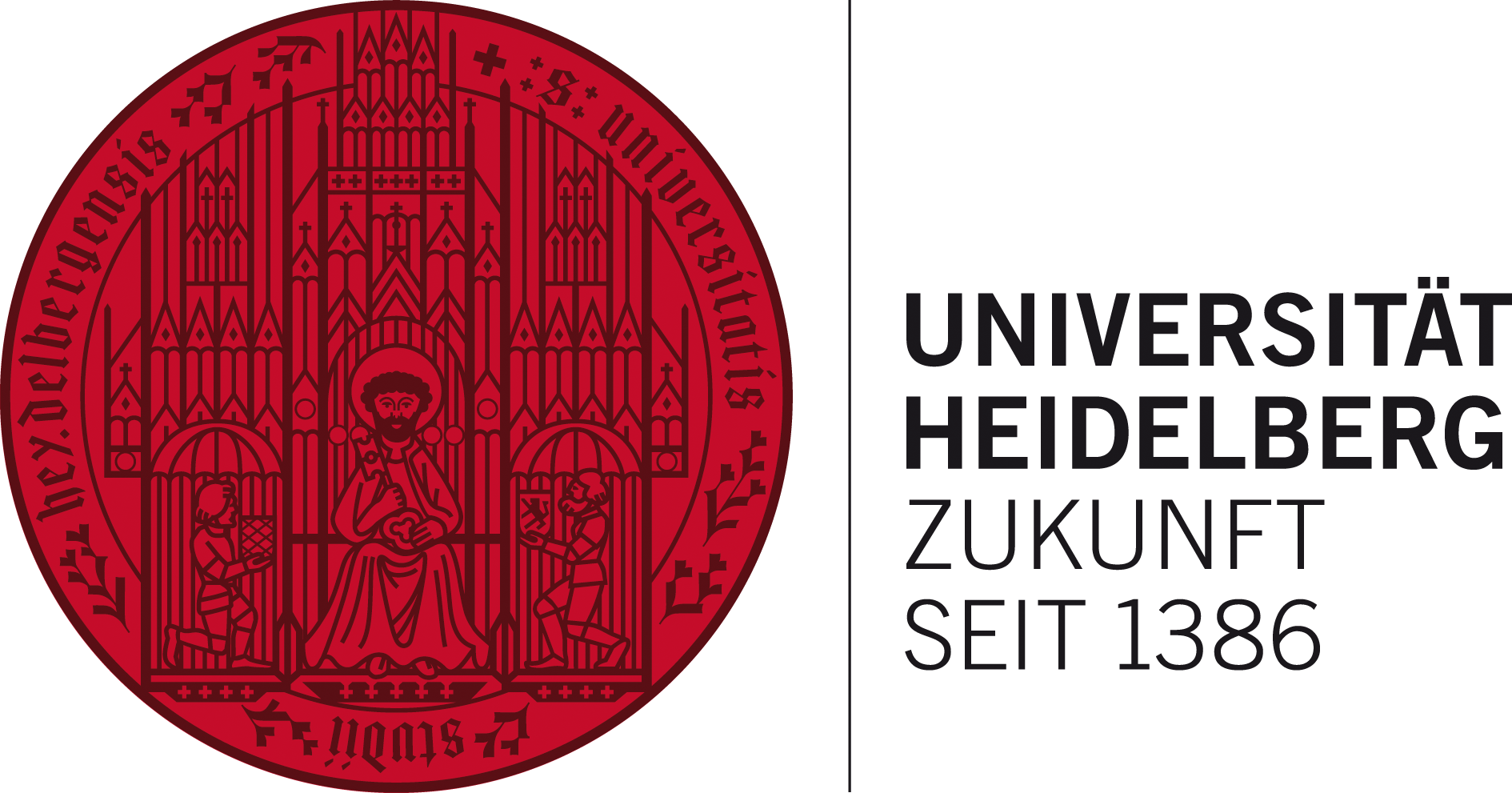Neuigkeiten
Am 29. Juli 2024 wird Prof. Dr. Grace Li Zhang (TU Darmstadt) um 16 Uhr im Raum U014 im OMZ (INF 350, UG) im Rahmen des ZITI Kolloquiums einen öffentlichen Vortrag zum Thema “Efficient Hardware for Neural Networks halten”.
Am 22. Juli 2024 werden Dr. Moamen El-Masry und Dr. Jan Otterstedt von Infineon im Rahmen des ZITI-Kolloquiums vortragen. Die Vorträge finden um 16 Uhr c.t. im großen Seminarraum des OMZ (U014, INF 350, Untergeschoss) statt.
Warum die moderne Mikrochipentwicklung ohne die von Gustav Kirchhoff begründeten Regeln für elektrische Netzwerke nicht denkbar wäre, erklärt in einem Vortrag Prof. Dr. Peter Fischer, Wissenschaftler am Institut für Technische Informatik der Universität Heidelberg. Sein Beitrag ist Teil der Ruperto Carola Ringvorlesung mit dem Titel “200 Jahre Gustav Kirchhoff – Freigeist. Pionier. Visionär.”, zu der die Universität im Sommersemester einlädt. Die Reihe gibt Einblicke in verschiedene Bereiche der modernen Forschung, auf die das Wirken des Physikers bis heute Einfluss hat. Die Veranstaltung “Nicht ohne Kirchhoffs Regeln – Vom Transistor zum Mikrochip” mit Peter Fischer findet am 8. Juli 2024 in der Aula der Alten Universität statt und beginnt um 18.15 Uhr
Wir freuen uns sehr, Prof. Jan Stallkamp für seinen Vortrag “Automatisierung in der Medizin: Leicht gesagt, schwer getan” am 08. Juli 2024 begrüßen zu können.
Am 01. Juli 2024 wird ZITI Fellow Dr. Amin Aminifar um 16 Uhr im Raum U014 im OMZ (INF 350, UG) im Rahmen des ZITI Kolloquiums einen öffentlichen Vortrag zum Thema Federated Learning for Wearable Healthcare halten.
Die NCT Gruppe organisiert in diesem Jahr wieder die FPGA Ignite 2024 Summer School (5.-9. Aug.). Eine Woche lang Networking, Kurse (insbesondere RISC-V) und ein Hackathon zu Chipdesign.
ZITI ist hocherfreut Tom Cecil, Senior Architect bei Synopsys, am 10. Juni 2024 begrüßen zu können. Sein öffentlicher Vortrag findet um 16 Uhr im Raum U014 im OMZ statt (INF 350, UG).
ZITI begrüßt Dr. Makarov am 21. Mai 2024 für einen Besuch in Heidelberg. Prof. Makarov wird einen Vortrag um 14 Uhr im Raum SR043 im BioQuant (INF 267, Erdgeschoss) halten.
Prof. Dr. Dr. Lorenzo Masia vom ZITI war Keynote Speaker bei der “2024 Nature Conference on Transformative Technologies on Neuroengineering” in Shenzhen, China (10-12 April 2024).
ZITI freut sich sehr über den Besuch von Prof. Vito Cacucciolo, der am 8. Februar 2024 einen Vortrag mit dem Titel “Solid-State Soft Pumps for Electrically driven Artificial Muscles, Soft Robots, and Active Textiles” halten wird.
ZITI ist hocherfreut über den Besuch von Dr. Georg Hager anlässlich seines Vortrags “Performance Engineering with Resource-Based Metrics” am 5. Februar 2024.
ZITI ist sehr erfreut Dr. Patrick van der Smagt für seinen Vortrag mit dem Tiel “Predict to Control” am 23. November 2023 begrüßen zu können.
Prof. Dr. Masia, Lehrstuhlinhaber der Forschungsgruppe Medizintechnik des ZITI, hält am 13. Dezember 2022 einen Vortrag in der renommierten Heidelberger Vortragsreihe “Physikalisches Kolloquium”.
Die Akademische Feier zur offiziellen Eröffnung der Fakultät für Ingenieurwissenschaften an der Universität Heidelberg findet am 30. September 2022 in der Aula der Alten Universität statt und beginnt um 16.00 Uhr.
Herzlichen Gückwunsch an Lorenzo Masias Forschungsgruppe Medizintechnik: zwei Paper der Gruppe kamen bei der IEEE BIOROB 2022 in die Endrunde zur Auszeichnung “Best Paper”.
Prof. Lorenzo Masia von ZITIs Biorobotics & Medical Technology Group wird General Chair der nächsten IEEE Biomedical Robotics and Biomechatronics Konferenz.
Mitglieder der Computer Systems Group (CSG) des ZITI sind lokale Oranisatoren der rennomierten IEEE CLUSTER Konferenz die in Heidelberg vom 6. bis 9. September stattfinden wird.
Prof. Dr. Holger Fröning von der Computing Systems Group (CSG) des ZITI in der aktuellen Jubiläumsausgabe des Forschungsmagazins RUPERTO CAROLA.
Zusammen mit NEXT Mannheim, der DHBW und dem MEIC organisiert die Universität Heidelberg einen zweitägigen Workshop am 4.&5. März 2022.
Dr. Lizeth Sloot von der Forschungsgruppe Computational Biomechanics am ZITI forscht zu dem Thema wie Stürze mit maßgeschneidertem Training verhindert werden könnten.
Die Computer Systems Group (CSG) des ZITI ist Teil eines neuen Zentrums für “Modellbasierte KI”, das von der Carl-Zeiss Stiftung gefördert wird.
ziti-Symposium am 07.02.2020.
